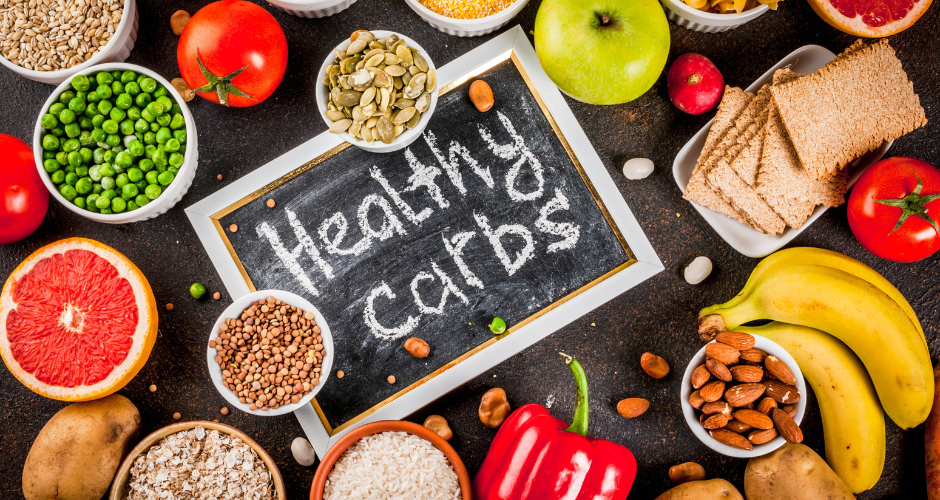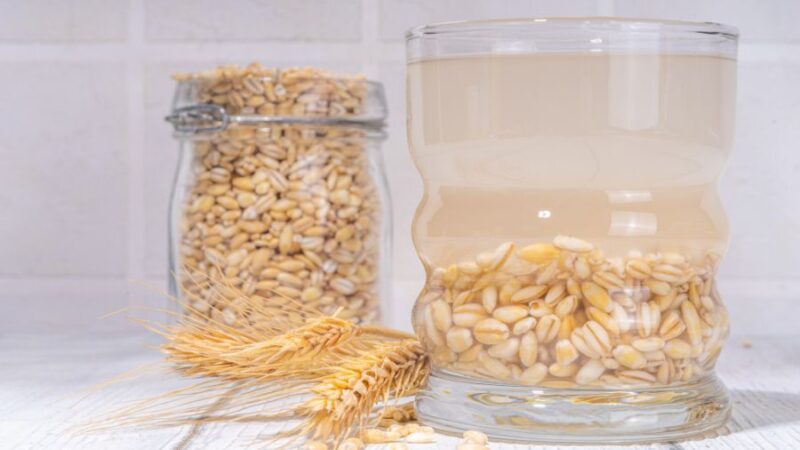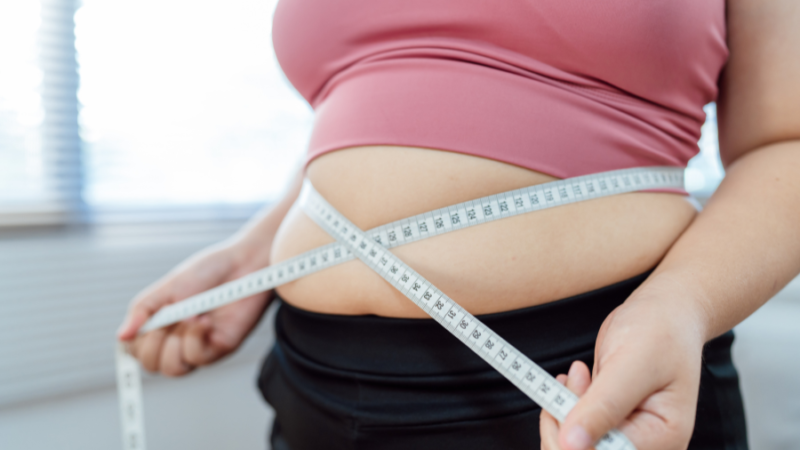Are High-Carb Vegetables Good for Weight Loss?

When you think of weight loss, “carbs” might sound like a bad word. Many people assume that cutting carbohydrates is the only way to shed those extra pounds.
However, not all carbs are created equal-and when it comes to vegetables, the story is completely different. In fact, some high-carb vegetables can actually help you lose weight, not hinder your progress.
Let’s dive into the science, benefits, and best ways to include high-carb veggies in your weight loss journey.
Understanding Carbs in Vegetables
Carbohydrates are the body’s main source of energy. They come in three main types: sugars, starches, and fiber. While sugary and refined carbs (like white bread and sweets) cause quick spikes in blood sugar, vegetables contain complex carbs-which digest slowly and provide long-lasting energy.
High-carb vegetables, such as sweet potatoes, peas, corn, and beets, are often misunderstood. Though they contain more carbohydrates than leafy greens, they’re also packed with fiber, vitamins, minerals, and antioxidants, making them incredibly beneficial for health and weight management.

Why Are High-Carb Vegetables Good for Weight Loss?
1. They’re Rich in Fiber
Fiber is a key factor in weight loss because it keeps you full for longer, reducing overall calorie intake. High-carb veggies like sweet potatoes, carrots, and beets are rich in dietary fiber that slows digestion and helps stabilize blood sugar levels.
👉 Fun Fact: A medium sweet potato has about 4 grams of fiber, which can significantly curb hunger and prevent overeating.
2. They Regulate Blood Sugar Levels
Unlike refined carbs that cause insulin spikes, the carbs in vegetables are balanced with fiber and nutrients that prevent sugar crashes. This steady energy helps reduce cravings for unhealthy snacks and sweets.
For instance, carrots and corn release glucose slowly, giving your body time to use it efficiently instead of storing it as fat.
3. They’re Nutrient-Dense, Not Calorie-Dense
High-carb vegetables are low in calories but high in nutrients. A cup of peas or butternut squash provides plenty of vitamins (like A, C, and K), minerals, and antioxidants-all essential for overall health and metabolism.
These veggies nourish your body while helping you stay within your calorie goals.
4. They Boost Metabolism
Certain high-carb vegetables contain compounds that can naturally enhance metabolic activity. For example:
- Beets help improve blood flow and oxygen delivery, which boosts endurance and calorie burn.
- Sweet potatoes are high in vitamin B6, which supports efficient metabolism.
Including these vegetables can give your body the extra push it needs to burn calories more effectively.
5. They Help Reduce Bloating
Fiber-rich veggies encourage better digestion and help prevent bloating and water retention-a common concern during weight loss. Vegetables like pumpkin and turnips have natural diuretic properties that flush out excess sodium and toxins.
6. They Promote Satiety and Prevent Cravings
When your meals include high-carb vegetables, you feel fuller faster and stay satisfied longer. This prevents binge eating and late-night snacking, two major obstacles in weight loss. Try replacing refined grains like white rice or pasta with roasted sweet potatoes or mashed cauliflower for a satisfying, low-calorie meal.
Is Diet More Effective For Weight Loss?
High-Carb Veggies vs. Processed Carbs
Here’s a quick list of high-carb vegetables that are both delicious and weight-loss-friendly:
| Vegetable | Carbs per 100g | Key Benefit |
| Sweet Potato | 20g | Rich in fiber and vitamin A |
| Beets | 10g | Boosts metabolism and blood flow |
| Carrots | 9g | Improves digestion and eye health |
| Corn | 19g | Provides energy and antioxidants |
| Peas | 14g | High in protein and fiber |
| Pumpkin | 7g | Aids digestion and reduces bloating |
| Butternut Squash | 12g | Supports immune function |
| Turnips | 6g | Low-calorie and high-fiber |
💡 Tip: Combine these with lean proteins (like grilled chicken or tofu) and healthy fats (like olive oil or avocado) for balanced, satisfying meals.
Top High-Carb Vegetables for Weight Loss
- Start Your Day with a Veggie Boost
Add grated carrots or pumpkin puree to oatmeal or smoothies. It’s a delicious way to get extra fiber early in the day. - Swap Processed Carbs with Veggies
Replace white rice with cauliflower or sweet potato mash. You’ll stay full longer with fewer calories. - Make Veggie-Based Snacks
Try roasted chickpeas, beet chips, or baked sweet potato fries instead of chips or cookies. - Add Them to Soups and Salads
Mixing corn, peas, or roasted butternut squash into salads adds texture, color, and nutrition. - Portion Control Is Key – While high-carb veggies are healthy, portion control still matters. Aim for ½ to 1 cup per meal, balanced with protein and healthy fats.
Does Keto Diet Really Work for Weight Loss?
Common Myths About High-Carb Vegetables
Myth 1: Carbs Make You Fat
Fact: Weight gain happens from eating more calories than your body burns-not from eating carbs. Choosing nutrient-dense, high-fiber carbs like vegetables supports weight loss.
Myth 2: You Should Avoid High-Carb Foods at Night
Fact: Eating high-carb veggies at dinner can actually promote better sleep since they increase serotonin levels, helping you relax.
Myth 3: Low-Carb Diets Are Always Better for Weight Loss
Fact: While low-carb diets may work for some, they can be hard to sustain. A balanced diet that includes complex carbs from vegetables supports long-term health and consistent weight loss.
FAQs:
Q1: Can I eat high-carb vegetables on a low-carb diet?
Yes, in moderation. Focus on portion control and combine them with protein and healthy fats to balance your meal.
Q2: Are potatoes bad for weight loss?
Not at all! Boiled or baked potatoes (not fried) are filling and low in fat. It’s how you prepare them that matters.
Q3: Should I avoid corn during weight loss?
No. Corn is nutrient-rich and can be part of a healthy meal when eaten in moderation.
Q4: How many servings of high-carb veggies can I eat daily?
Aim for 1–2 servings, depending on your total calorie and carb goals.
Conclusion
High-carb vegetables aren’t your enemy-they’re actually your secret weapon for sustainable weight loss. Packed with fiber, nutrients, and slow-digesting carbs, these vegetables help you stay energized, control hunger, and support a healthy metabolism.
So instead of avoiding carbs altogether, choose the right kind-the kind that grows in the ground, not from a factory.
Next time you’re planning a meal, don’t skip the sweet potatoes or beets-your body (and your taste buds) will thank you!
15 Day Diet Plan for Weight Loss
Fun Fact:
Did you know that sweet potatoes are considered one of the world’s most nutritious vegetables? They’re so nutrient-dense that NASA plans to grow them on future space missions!






